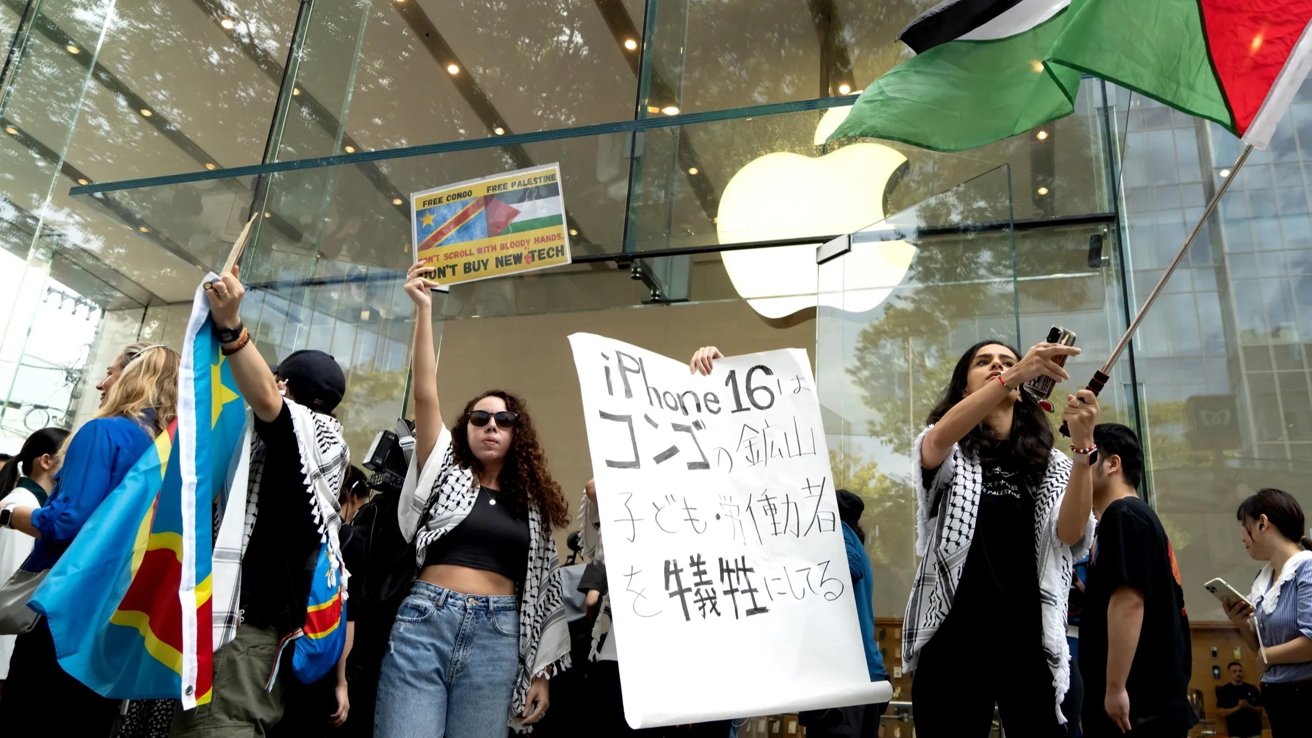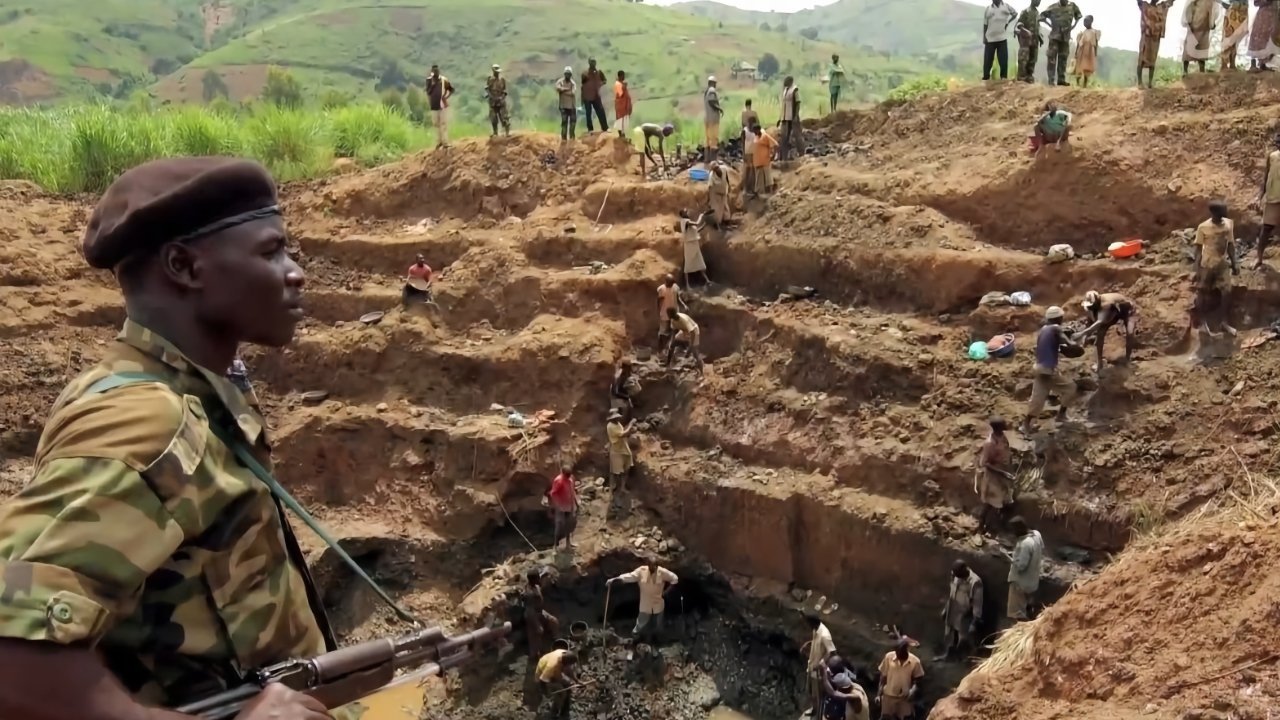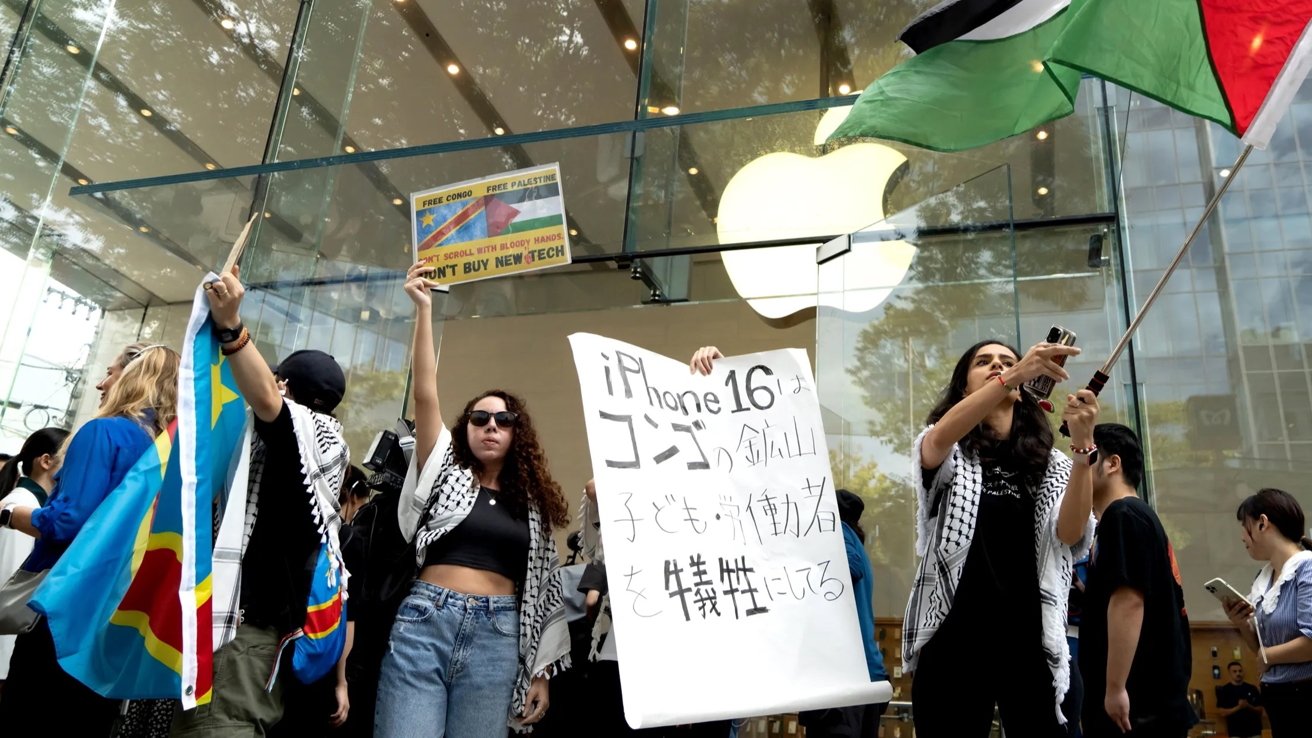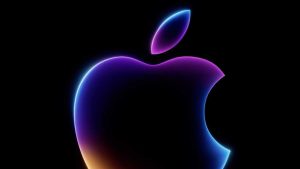
Protesters encourage Apple boycott in front of a store in Tokyo. Photo: Tomohiro Onsumi

Demonstrators in a dozen cities in the US and other countries took advantage of the publicity of the iPhone 16 launch to call for a boycott of Apple products. The protests included some current and former Apple employees.
The new demonstrations at Apple Stores centered around accusations of ignoring violence in both the Democratic Republic of Congo in Africa, as well as the ongoing hostilities between Gaza and Israel.
The protesters accuse Apple of being complicit in the humanitarian crises in both conflict zones. A protester identified as “Lucy” by the Bristol Post news site was quoted as saying they were protesting “against Apple’s complicity in the Congelese and Palestinian genocides.”
Apple gets gold, along with a group of minerals collectively called “3T” — tantalum, tin, and tungsten — from the Congo for use in iPhones. International groups say while Apple ended some relationships with smelters and refiners in the Congo in 2019, it continues to get raw and finished materials from other suppliers there.
Apple’s involvement in Israel includes owning the second-largest research and development center in the country, which has been in operation since at least 2015. This follows a letter from some 300 Apple employees in April 2024 calling on the company to do more for the Palestinian community.
Protesters accuse Apple of complicty
Lucy noted that in Congo, “militia backed by Uganda and Rwanda steal coltan and are killing [and] raping people, and are enslaving men, women, and children to mine the coltan in dangerous conditions. Apple buys this coltan.” The Democratic Republic of Congo has been embroiled in armed conflict against rebels backed by Rwanda since the 1990s.

Apple gets materials used in the iPhone and other products from war-torn Congo.
Another protester identified as “Soraya” noted in April 2024 that Apple has remained silent on the war in Gaza, despite pressure from some of its own employees. Soraya noted that in October 2023, CEO Tim Cook had said that his “heart goes out to the victims,” but there had been no further comment since.
More, in November 2023, Apple briefly paused Slack channels used by, respectively, Jewish and Muslim employees. It was subsequently claimed by protesters that Apple had in fact shut down the Slack channel used by Muslim employees.
Then in April 2024, an Apple Store in the Chicago area reportedly fired an employee for wearing a keffiyeh, a traditional Palestinian garment. This resulted in protest in front of the Lincoln Park Apple Store in Chicago, organized by a group calling itself Apples4Ceasefire.
The protesters outside Apple Stores for the iPhone 16 launch are calling for consumers to boycott Apple products, and unsubscribe from services such as iCloud+ and Apple Music in protest.




